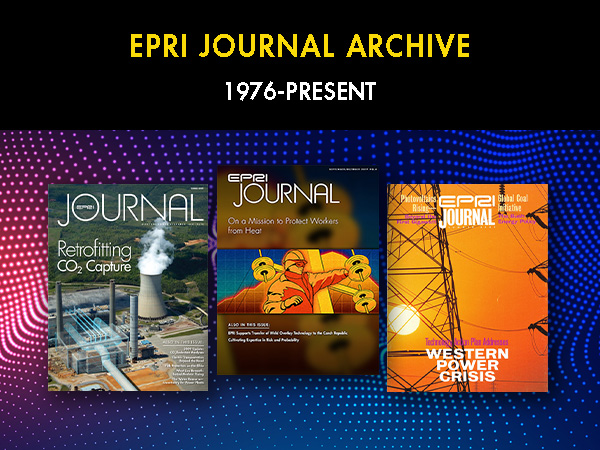
The June 2012 edition of Harvard Business Review featured an article by Robert Kaplan and Annette Mikes titled, “Managing Risk—A New Framework.” In that article, they wrote, “Managing risk is very different from managing strategy. Risk management focuses on the negative—threats and failures rather than opportunities and successes. It runs exactly counter to the ‘can do’ culture most leadership teams try to foster when implementing strategy. And many leaders have a tendency to discount the future; they’re reluctant to spend time and money now to avoid an uncertain future problem that might occur down the road, on someone else’s watch.”
From my perspective, research and development (R&D) uniquely bridges “threats and failures” and “opportunities and successes.” I believe strongly in the proposition that R&D represents some of the best can-do thinking in business today, even as we acknowledge that the results and successes of our work can never be a foregone conclusion.
To Kaplan and Mikes’ point that leaders can discount the future and avoid uncertain problems, I am pleased to respond that at EPRI we work closely with leaders who demonstrate both a keen interest in the future and a commitment to addressing problems, even with all the uncertainties in both.
EPRI Journal is beginning a series of articles that look at how R&D is integral to managing risk in the electric power industry. The stories will report on specific cases of risk management and illustrate common themes: the certainty of uncertainty; the fraternal (in contrast to identical) twins of threat and opportunity; the potential failure of everything from a working hypothesis to a proposed technological solution.
At EPRI, we always view R&D as an opportunity. It is the thread through all our work—the opportunity to learn, explore, experiment, collaborate, and ultimately succeed—to answer fundamental questions and solve important problems.
Read the story that describes how Great River Energy started with a used culvert and propane heaters to develop an innovative technology to reduce emissions from lignite-fueled power generation. This turned out to be a more cost-effective approach than installing expensive new scrubbers at the company’s Coal Creek Station—and one that exceeded expectations for emissions reductions. The patented technology is now commercially viable and poised for adoption anywhere in the world where lignite is abundant and available to fuel the grid. EPRI is proud of Great River Energy’s initiative and innovation, and we are grateful for the opportunity to work closely with them and contribute to their success. In this story we see the elements of successful risk management—identifying the risks to the company’s generation portfolio, costs, customers, and to society as a whole, and then addressing them head on. It’s a long but satisfying journey from hypothesis to solution, and our traveling companions always include success and failure.
In the second article of the series, EPRI Journal reports on how We Energies turned a by-product from power generation into a promising environmental solution and source of revenue. For years, the risks associated with fly ash have received broad attention from the public, regulators, and scientists. In the case of We Energies, EPRI contributed to a solution that may pave the road to effective risk management with a new kind of asphalt—one that includes fly ash.
Discussions of R&D occasionally focus on whether it is an expenditure or an investment. That is not unlike looking at a risk to determine if it represents threat or opportunity. For us at EPRI, we join with others in drawing our motivation from the risks, while seeking the opportunities embedded in them.
Mike Howard

President and Chief Executive Officer, EPRI


